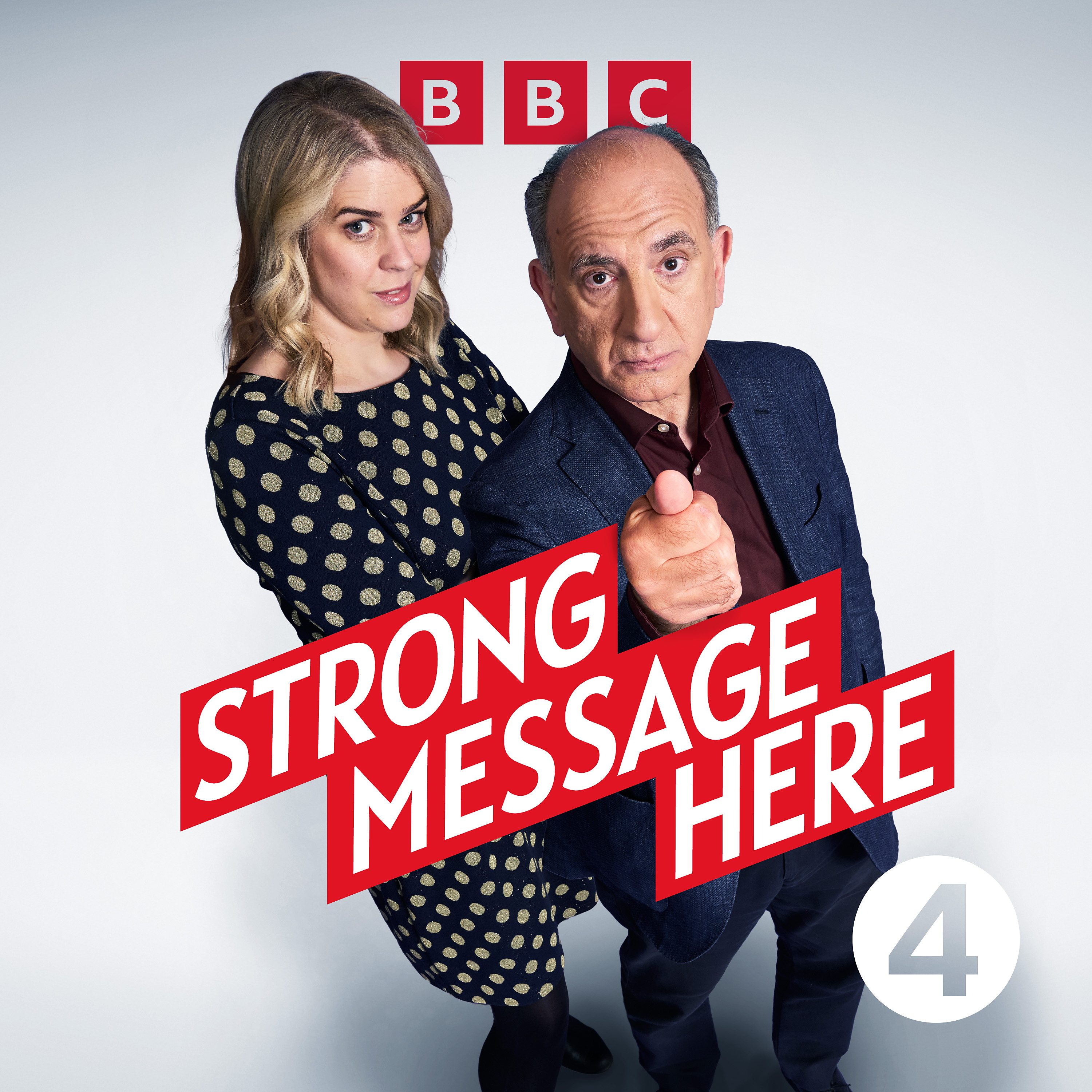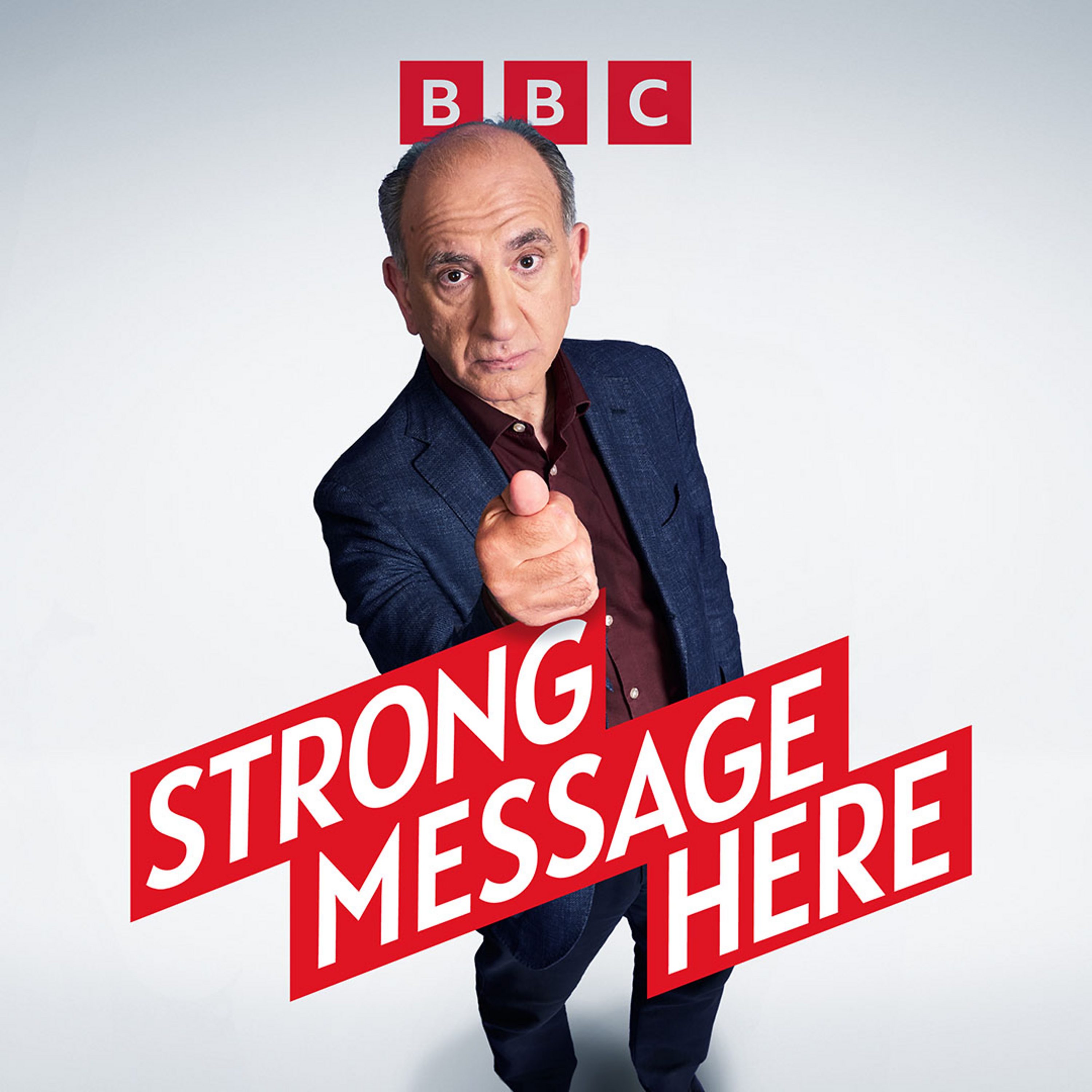Liberation Day (with Soumaya Keynes)
Comedy writer Armando Iannucci and journalist Helen Lewis decode the utterly baffling world of political language.
This week, Helen and Armando are joined by economist and journalist for the Financial Times, Soumaya Keynes. They take a look back on Liberation Day - what exactly was America being liberated from? What was the response in China to the tariffs? and Soumaya wades into the murky waters of Truth Social.
Listen to Strong Message Here every Thursday at 9.45am on Radio 4 and then head straight to BBC Sounds for an extended episode.
Have you stumbled upon any perplexing political phrases you need Helen and Armando to decode? Email them to us at strongmessagehere@bbc.co.uk
Sound Editing by Charlie Brandon-King
Production Coordinator - Katie Baum
Executive Producer - Richard Morris
Produced by Pete Strauss. A BBC Studios Audio production for Radio 4.
An EcoAudio Certified Production.
Press play and read along
Transcript
Transcript is processing—check back soon.

